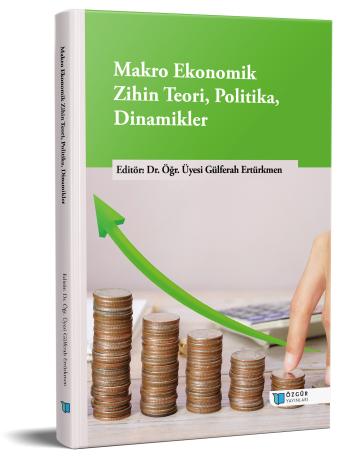
Analysing the Relationship between Foreign Direct Investment, Economic Growth and Renewable Energy Consumption: Evidence from Current Techniques
Chapter from the book:
Ertürkmen,
G.
(ed.)
2025.
Macroeconomic Mind Theory, Policy, Dynamics.
Synopsis
Foreign direct investments (FDI) have many positive effects such as reducing foreign trade deficit, increasing employment, transferring technology and contributing to economic growth, especially in developing countries with savings deficit. However, in recent years, the environmental impacts of these investments have also become an important issue of debate. As a matter of fact, FDI investments may affect environmental quality and renewable energy consumption through their technological and scale effects. In this context, this study analyses the relationship between FDI, economic growth and renewable energy consumption in Turkey for the period 1990-2021. The analysis is carried out with the Augmented ARDL method and the existence of a long-term cointegration relationship between the variables is revealed. The long-run coefficient estimates show that a 1% increase in FDI leads to a decrease of approximately 0.10% in renewable energy consumption. This finding suggests that FDI may cause negative environmental impacts for Turkey in the period analysed.

